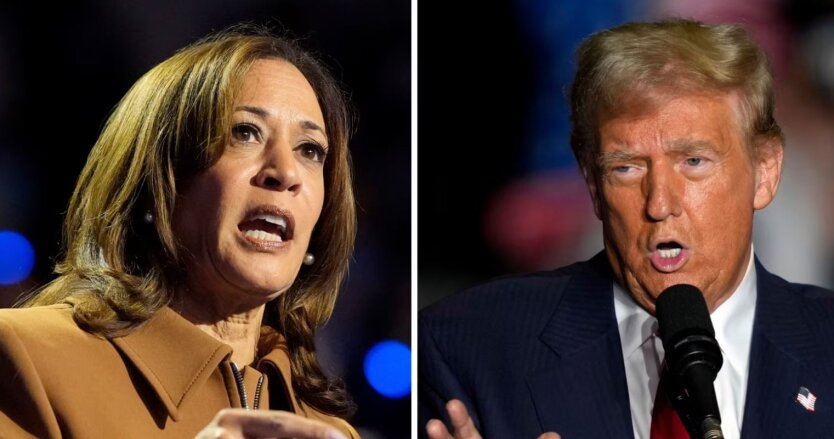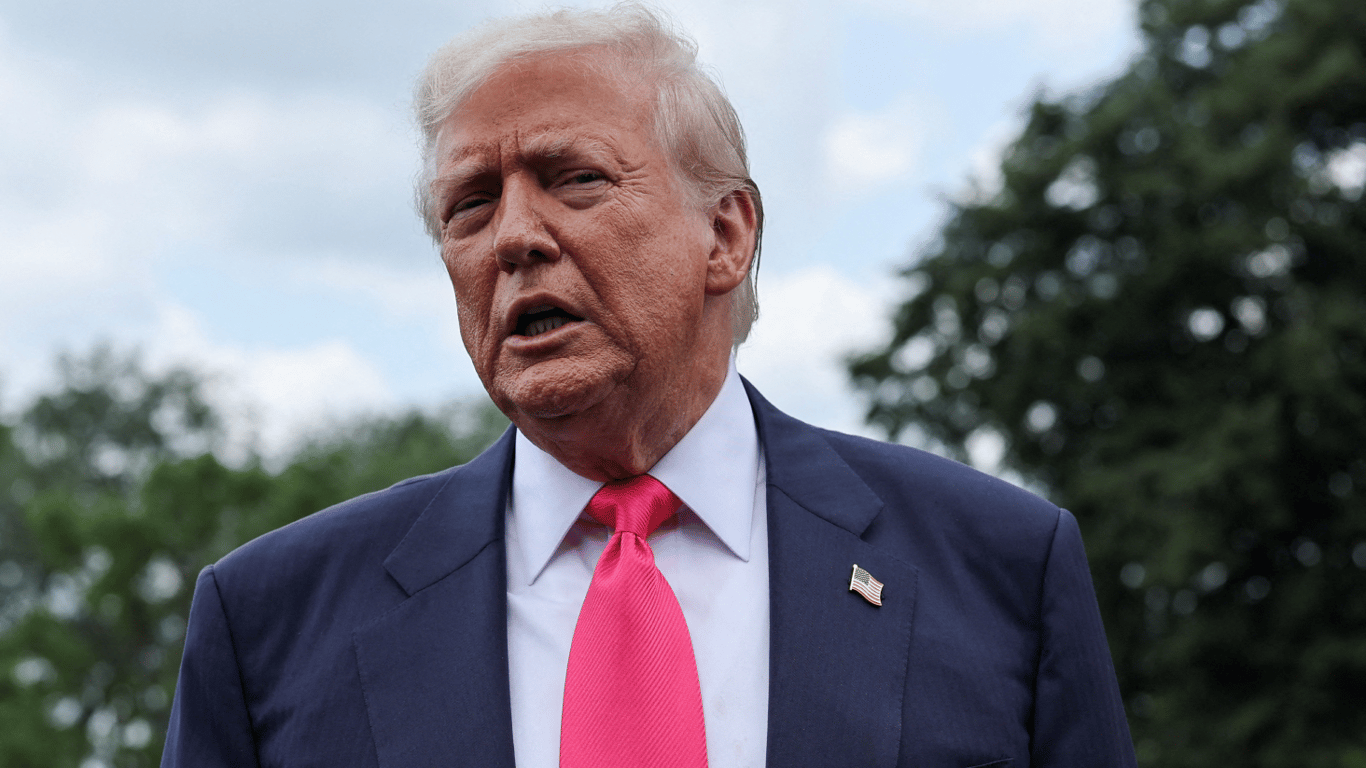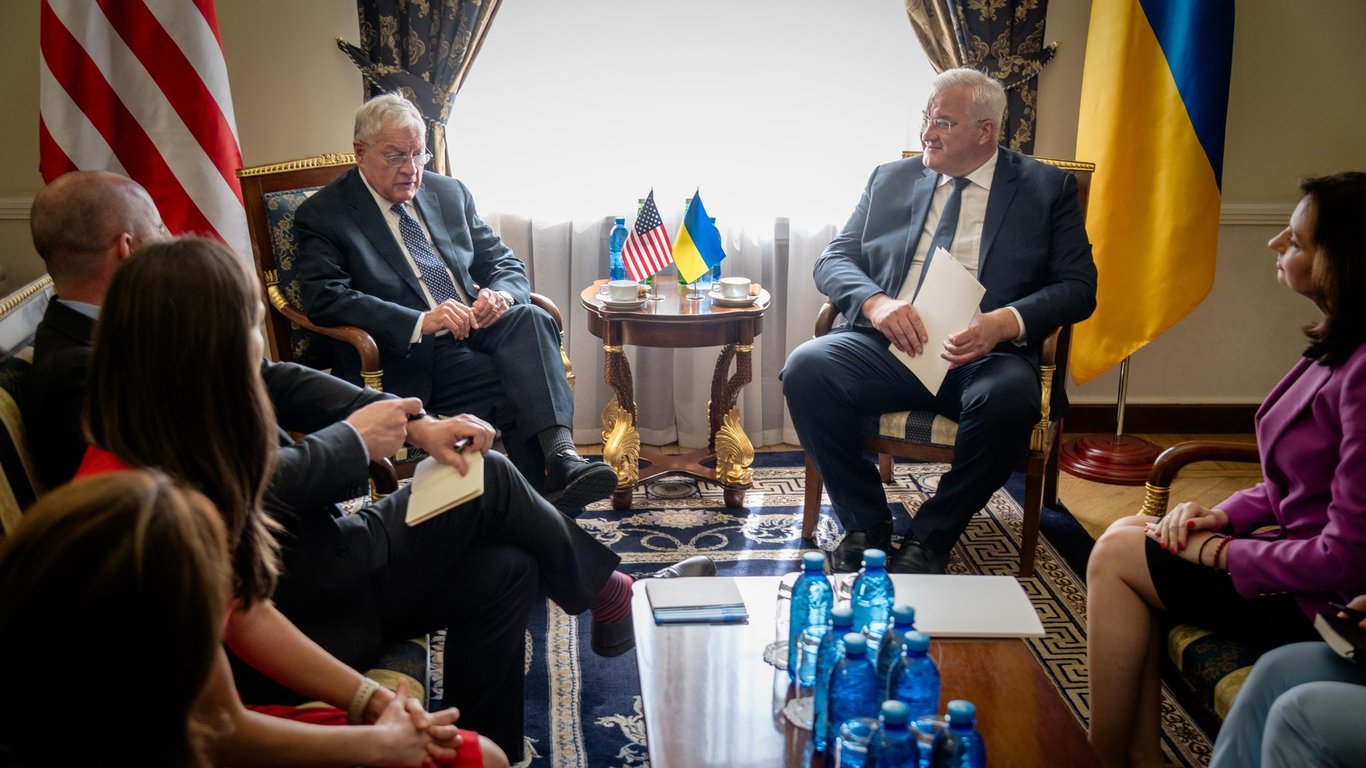Threats from China to the US: What Trump and Harris Say.


The presidential campaign in the US has recently been focusing on addressing domestic issues, analysts report. Therefore, when it comes to the competition between the US and China among candidates - Kamala Harris and Donald Trump - it is considered in the context of domestic issues.
"American voters are more concerned about domestic issues. Polls show that the threat of China ranks behind issues like the economy, immigration, abortion, climate, democracy, and other concerns for voters," said Liu Yawei, director of the China Program at The Carter Center.
A study conducted by the American sociological organization YouGov showed that only a small portion of voters considers foreign policy as one of the main issues. Specifically, Trump supporters worry a little more about foreign policy than Harris supporters.
Ahead of the voting, any mention of China generally relates to domestic issues.
During a rally on October 27 in New York, Trump stated that if the US and China enter into a war, the US will "win," and that he will "introduce the Trump Reciprocal Trade Act, meaning if China or any other country imposes a 100 or 200% tax or custom tariff on us, we (the United States) will impose a 100 or 200% tax or tariff on them."
Harris did not mention China during her rally in Pennsylvania.
Trump focused on the economic consequences of competition with China, as it relates to jobs in America. He emphasized trade issues, excessive imports of goods, and unfair business practices.
In July, at the Republican National Convention, Trump criticized China, specifically accusing Beijing of taking jobs in the US automobile industry and threatening Taiwan.
In April, Trump claimed that many migrants arriving in the US from China are military-aged males who might be coming here to form their "army."
Trump also mentioned China in the context of the fentanyl crisis in the US.
Although Harris said little about China during her campaign, she mentioned it at the Democratic National Convention in August, stating she aims to ensure the US leads in artificial intelligence and space.
She supports "risk reduction" - reducing US-China dependency in advanced technology, making sure Washington does not aid Beijing's military modernization, but warns against economic policies focused on tariffs regarding China, noted Ali Wyne, senior fellow at the International Crisis Group.
However, between the two candidates and their parties, there is more in common than differences in their rhetoric regarding China, noted former Deputy Assistant Director of the CIA Dennis Wilder, who worked on East Asia and Pacific Issues and China's National Security Council under President Bush Jr.
"China is not a major issue for American voters in this election, as nearly all the public and political class have a negative view of China," he emphasized.
While US policy towards China may affect domestic issues such as jobs and the cost of goods, conflicts in other parts of the world also impact policy towards China in the eyes of many American voters, analysts believe.
"Strategic competition between the US and China is not a major issue for American voters. They are more concerned about the economy and healthcare costs. And the foreign policy issues that shape their views are focused on the conflict between Russia and Ukraine and the possibility of regional wars in the Middle East," noted Wyne.
Read also
- The Cabinet appointed a new language ombudsman
- Trump reacted to media publications about his permission to strike Moscow
- Acceleration of the Special Tribunal - the president held a meeting with diplomats
- Sybyga met with Kellogg - what they talked about
- Payments to families of deceased military personnel — timeline for receiving funds
- Court selects a preventive measure for Shabunin — details








